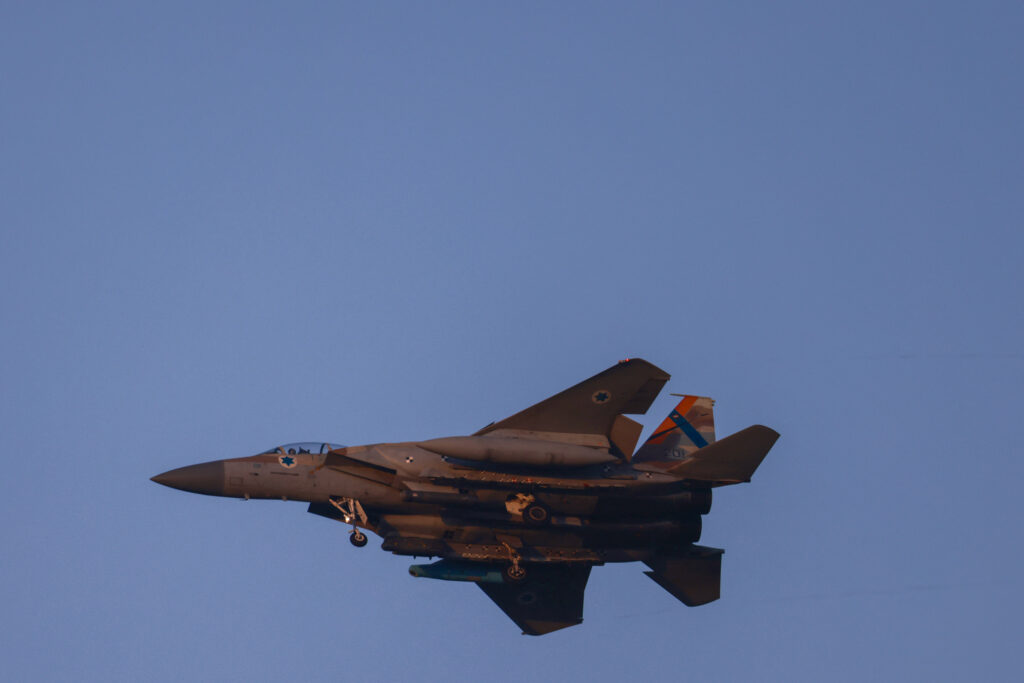
- ARAB NEWS
- 05 Jul 2025

TOKYO: Japanese defense officials watched how Israel fended off 99 percent of incoming Iranian projectiles and are simulating how it may apply to the Indo-Pacific On April 10, Nikkei Asia reported.
United States President Joe Biden and Japanese Prime Minister KISHIDA Fumio revealed that Japan, the US, and Australia are to create an air-missile defense network, and the countries have been watching “the success” of Israel’s “Iron Dome” system that was put to the test after Iran launched 300 drones and missiles against Israel.
The US believes that Iran fired over 110 ballistic missiles, more than 30 cruise missiles and over 150 drones toward Israel from locations in Iran, Iraq, Syria, and Yemen. Despite the size of the attack, no significant damage occurred within Israel.
“We are watching this with keen interest, especially how the ballistic missiles were shot down,” a Japanese defense official in Washington told Nikkei.
According to reports, the US and Israel formed layers of air defense, with the US shooting down what it could first, and Israel taking out whatever made it through the first line of defense. US aircraft in the region shot down more than 70 drones while some of the larger missiles were taken out by ships operating in the Mediterranean.
While the air defense system is very effective, it is also very costly. A single Arrow missile is thought to cost $2.5 million to $3 million and Patriot missiles are also very expensive. Offensive weapons are usually cheaper.
“If the enemy has a roughly equal-sized economy, and the offensive systems are less expensive than the defense, over time they can exhaust your defenses,” David Ochmanek, a former US deputy assistant secretary of defense, told Nikkei.
Some see this as a potential problem in a conflict with China, which has the world’s largest force of conventionally armed ballistic missiles. China’s biggest lesson from Israel and Ukraine, Ochmanek said, “is to not let up on the production of these weapons, to continue building their arsenal.”
Gregory Brown, a senior analyst at the Australian Strategic Policy Institute, says Israel’s success against Iran’s projectiles provides an “eye-opener” and makes a compelling case for Australia and Japan to invest in and implement these sorts of air defenses now. “You wouldn’t want to be caught without them,” he said.